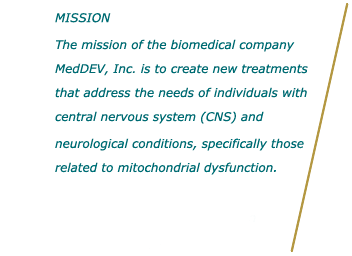AM4
Decreased synthesis of the histidine derivatives, specifically decreased synthesis of the methyl ester of imidazole carboxylic acid by the neurons and oligodendrocytes results in an impaired intracellular/extracellular osmolyte gradient. This results in the failure of the high-density water network forming in the extracellular fluid of the synapse and impedes the accumulation of sodium ions in the extracellular fluid and hinders the initiation of entropy that is necessary for the movement of neurotransmission to the astrocytes. This results in very sluggish to absent neurotransmission via the tripartite synapse system. The deficient formation of the high-density water networking in the extracellular fluid and the deficient concentration of sodium ions in the extracellular fluid results in an efflux of potassium ions into the extracellular fluid which can result in death of the neuronal cell and oligodendroctye. Furthermore, the efflux of potassium ions into the extracellular fluid stimulates the release of glutamate from the astrocytes into the tripartite synapse. Glutamate, a carboxylate synthesized by the astrocytes, creates a high-density water network in the extracellular fluid around the astrocyte and attracts calcium ions to accumulate in the extracellular fluid around the astrocyte. The increased extracellular potassium activates the calcium ion channels in the astrocyte membranes resulting in the influx of calcium ions into the astrocyte, which results in elevated cytosolic calcium levels in the astrocyte. Increased cytosolic calcium stimulates mitosis of astrocytes resulting in gliosis.


